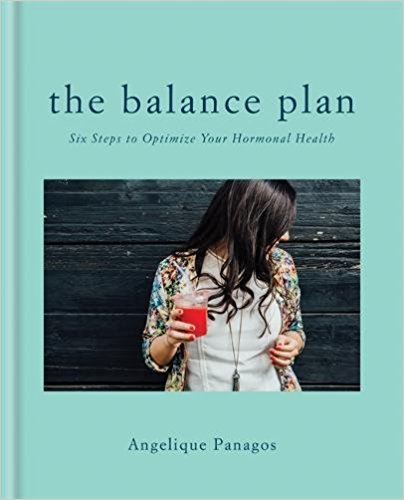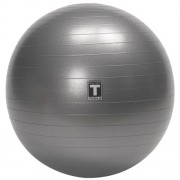Eating for Energy!
Eating for energy. Can I have a side of ‘get up and go’ with that?
Tired all the time? Experience energy slumps? Drinking tea or coffee to wake up? Wishing the day away so that you can go to sleep? Find yourself saying ‘I am tired’ a few times a day?
Unfortunately, many of us will be answering yes to these questions. Some may even think that it’s normal. Many of us grab a soda, coffee, biscuits or a candy bar for a quick boost of energy. After all, life is busy. We all have different and demanding roles every day and they have put a vending machine in the office for a reason!
What’s wrong with the vending machine’s choices?
The food we eat is the fuel our body needs for energy. Eating foods that contain high amounts of refined sugar and carbohydrates will provide you with short bursts of energy and will trigger the release of a hormone called insulin. Insulin transports energy from the food you’ve eaten into your cells where it is used for fuel. It’s also the hormone that helps convert any excess energy into fat. After eating foods high in sugar you will feel an increase in energy. But this is short lived. Once insulin has worked, your energy levels will begin to drop off, and you may feel fatigued. Although this process is complex, plainly put, these foods sap the energy out of you and you end up grabbing the next one to start the cycle again.
Are there any other choices?
We’ve all read that eating a well-balanced diet, getting adequate sleep every night and exercising regularly can provide you with maximum energy levels. However, sometimes life gets in the way and all you seem to be doing is rushing to make breakfast, get to the office, pick the children up from school and meet deadlines – all before mid-afternoon. No wonder it’s so easy to run out of energy. Just imagine what you could do if you had more energy! It would be easier to help your children with homework and you wouldn’t use your desk as a pillow in the second half of the day at work.
But what can you do when you can’t perfect the right mix of a balanced diet, sleep and exercise? Is eating the vending machine-type foods the only answer? Luckily for us when you can’t do all these things, there are specific foods that you can consume to increase your energy levels.
Energy giving foods
Vitamin B rich foods act as co-factors in converting food into cellular energy: eggs, broccoli, asparagus, mushrooms, watercress, cabbage, peas, beans, sesame seeds, pumpkin seeds and sunflower seeds.
Magnesium rich foods act as co-factors in converting food into cellular energy: green leafy vegetables, beans, almonds, cashews, lentils, potato, oatmeal, seeds and pumpkin seeds.
Vitamin C rich foods act as co-factors in converting food into cellular energy as well as being important for the last stage of energy release: peppers, watercress, cabbage, broccoli, strawberry, lemons, kiwi fruit, Brussels sprouts, papayas, peas, melon, oranges, grapefruit, limes, tomatoes and cauliflower.
Chromium rich foods involved in making insulin more potent: wholegrains, wholemeal bread, rye bread, nuts, oysters, potatoes, green peppers, eggs, chicken, apples, butter, parsnips, cornmeal, lamb, cheese, thyme.
Iron rich foods necessary for haemoglobin production and transporting oxygen to the rest of the body, decreased oxygen levels can result in fatigue: Seeds (especially pumpkin and sesame), nuts (especially almonds, cashews, Brazils, pecans), parsley, prunes, dates, lean red meat, fish (especially sardines), cocoa, beans, green leafy vegetables, wholegrains, peas, lentils, spices, egg yolks, blackstrap molasses.
Get plenty of essential fatty acids. These aid our energy production, improve our metabolism, and increase the rate at which oxygen is used: salmon, sardines, mackerel, tuna, herring, hemp seeds, walnuts, pumpkin seeds, omega 3 enriched eggs and flax seeds.
Eat good quality protein with each meal: fresh fish, lean meat, eggs, tofu, lentils, beans, pulses and legumes.
Water is an important part of a healthy diet! Dehydration can cause mental fuzziness, fatigue, headaches, and additional symptoms. Drink water throughout the day to avoid feeling any of these.
Try including the above recommendations for a minimum of two weeks. If your symptoms persist, an experienced nutritional therapist can help investigate the underlying causes, devise an individualised programme and recommend supplements if needed.
Nourishing well wishes,
Angelique
Consult your doctor or health care practitioner for any health problems, before embarking on any new health regimes, using any supplements or before making any changes in prescribed medications or food programmes.













